News
Digital health app expands service for female employees

Digital health platform Peppy has launched an expansion of its women’s digital health service to mirror the service the company already offers for men.
Peppy is a digital health app that works with organisations across the private and public sectors to give their employees access to remote, specialist support, including in some of the most underserved areas of health.
The service connects employees to medical experts, offering video call appointments, wellbeing programmes and live events and is usually provided by the employer to help their staff remain healthy and solve specific health issues such as fertility, early parenthood and menopause.
Following Series A funding round, Peppy secured £6.6m. It now provides digital health support for over 250 employers including Santander, BNP Paribas, Cap Gemini and Novartis, and via PMI providers Vitality and AXA Health. Overall it supports over a million employees across its existing services, including menopause, fertility, pregnancy, new parenthood and men’s health.
The launch of further support for female employees is in direct response to current clients asking for a fuller health service for women.
The new service expands on the existing provision to now encompass more areas, including gynaecology, contraception, common conditions such as endometriosis, breast care, UTIs, PMS, sex, nutrition, exercise, mental health, addiction and relationships.
Human-led, digital health enables employers to support all their employees equally and consistently, with expert personalised support, and has enabled Peppy to support so many in a relatively short space of time.
“Technology has really helped democratise this type of human-led support, making it much easier for more employers to offer it, which is important as all female employees should be able to access the support they need, when they need it,” says Dr Mridula Pore, founder and CEO of Peppy .
The company believes that broadening the range of support available is not just about reducing the negatives for employers, such as lessening the impact of staff absences. By offering a holistic women’s health service, employers are making a positive statement that they want to attract, retain and engage with female employees and that they recognise there are many factors that can impair a woman’s ability to bring her best self into the workplace.
The founder emphasises that: “Standard healthcare ignores the physical and emotional issues that many women experience. From our research, we found 85 per cent of women experiencing at least four conditions during their working life that are currently underserved by standard healthcare services. Ultimately, this impacts their wellbeing as well as their employers’ bottom line.
“The female body goes through several specific phases and stages, but we recognise that support is not only needed at these physiological change points in a women’s life,” she adds.
“Support could be required at any time during an employee’s working life and therefore having workplace support available that is easily accessible, devoid of any wait time is what’s really needed and this speaks volumes about how much an employer values its staff.”
“We all understand that the NHS has been under huge pressure, particularly over the past two years, but this means that so many women cannot currently access the services and support that they require, and in some cases, desperately need. That is why we are launching this expansion to help female employees and in turn, improve outcomes for employers too, by improving retention, engagement and attraction of women in the workplace.”
For more information, visit peppy.health.
-

 News4 weeks ago
News4 weeks agoAI embryo selection tool wins European approval
-

 News2 weeks ago
News2 weeks agoOpinion: Not ‘just stress’ – How hormonal changes affect women’s brain function
-
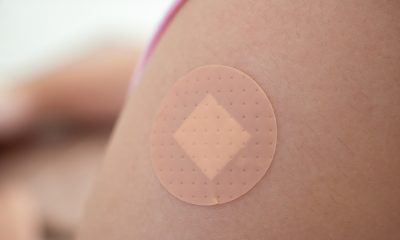
 News4 weeks ago
News4 weeks agoTestosterone patch shows promise for menopausal women
-

 Features3 weeks ago
Features3 weeks agoTop 7 drug-free solutions for managing PMS and PMDD in in 2025
-

 Features4 weeks ago
Features4 weeks agoFrom SEO to GEO: How women’s health brands can get found in the age of AI
-

 News4 weeks ago
News4 weeks agoFDA approves new menopause drug to treat hot flashes and night sweats
-

 Insight4 weeks ago
Insight4 weeks agoSpain faces protests over mammogram scandal
-

 News4 weeks ago
News4 weeks agoMost midlife women with menopause symptoms don’t seek care, research finds







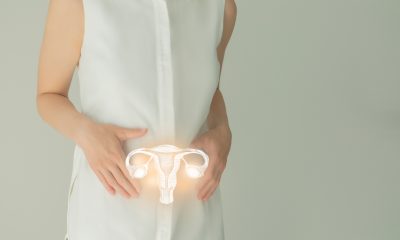

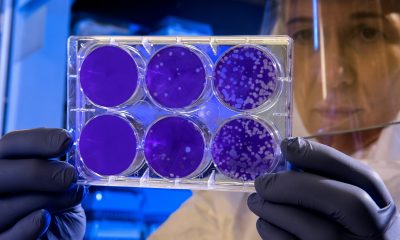









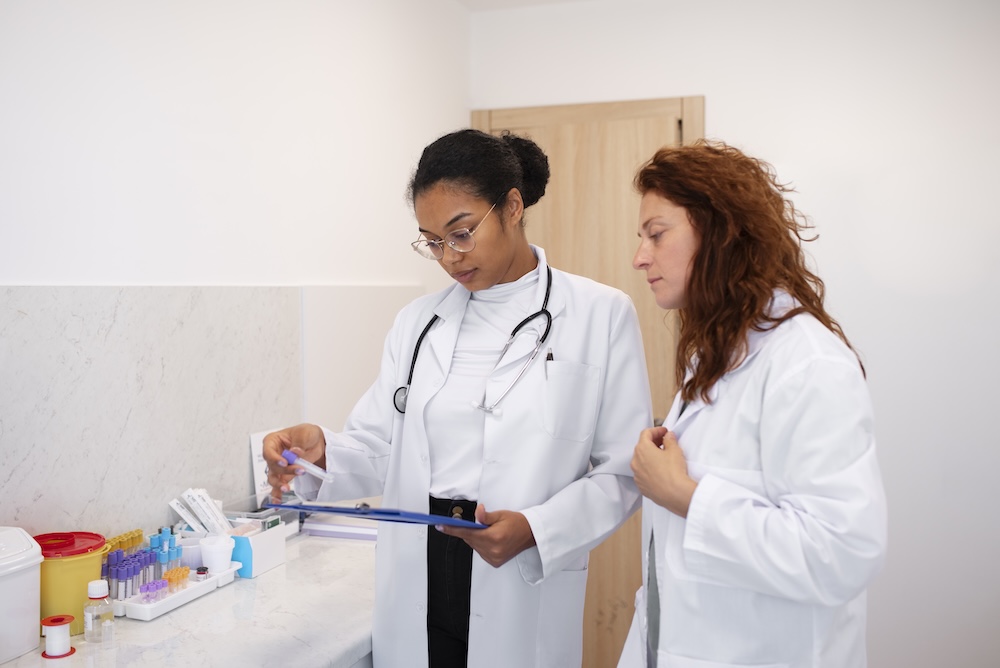









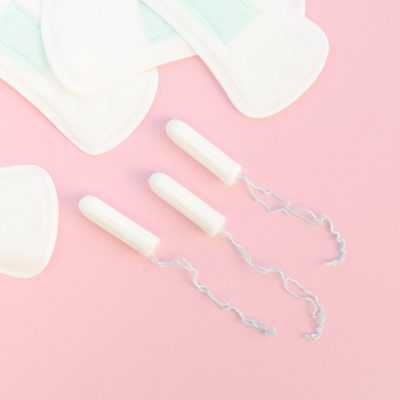


1 Comment